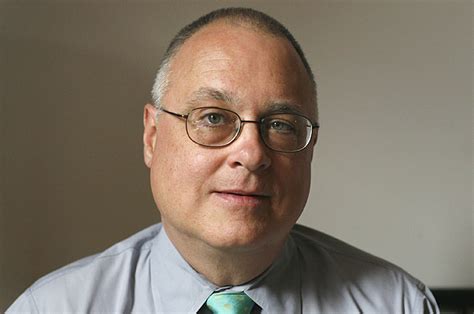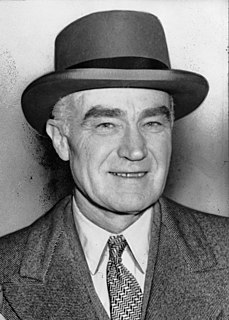A Quote by Rowan Williams
Economists are coming to acknowledge that measures of national wealth and poverty in terms strictly of average income tell you little that is significant of the health or viability of a society.
Related Quotes
Let us look at wealth and poverty. The affluent society and the deprived society inter-are. The wealth of one society is made of the poverty of the other. "This is like this, because that is like that." Wealth is made of non-wealth elements, and poverty is made by non-poverty elements. [...] so we must be careful not to imprison ourselves in concepts. The truth is that everything contains everything else. We cannot just be, we can only inter-be. We are responsible fo everything that happens around us.
Is it just a coincidence that as the portion of our income spent on food has declined, spending on health care has soared? In 1960 Americans spent 17.5 percent of their income on food and 5.2 percent of national income on health care. Since then, those numbers have flipped: Spending on food has fallen to 9.9 percent, while spending on heath care has climbed to 16 percent of national income. I have to think that by spending a little more on healthier food we could reduce the amount we have to spend on heath care.
A rentier is an investor whose relationship to a company or enterprise is strictly limited to the ownership of financial wealth (such as stocks or bonds) and the receipt of income on that wealth (such as dividends or interest). The financial system performs dismally at its advertised task, that of efficiently directing society's savings towards their optimal investment pursuits. The system is stupefyingly expensive, gives terrible signals for the allocation of capital, and has surprisingly little to do with real investment.
In comparative terms, there's no poverty in America by a long shot. Heritage Foundation political scientist Robert Rector has worked up figures showing that when the official U.S. measure of poverty was developed in 1963, a poor American family had an income twenty-nine times greater than the average per capita income in the rest of the world. An individual American could make more money than 93 percent of the other people on the planet and still be considered poor.
To make a proper moral appraisal of the prevalence of severe poverty today, we should focus not on comparisons with times past, when the global average income was much lower, but on a comparison with what would be possible in our time, given the current global average income and level of technological and administrative development.
The bottom quarter of the human population has only three-quarters of one percent of global household income, about one thirty-second of the average income in the world, whereas the people in the top five percent have nine times the average income. So the ratio between the averages in the top five percent and the bottom quarter is somewhere around 300 to one - a huge inequality that also gives you a sense of how easily poverty could be avoided.




































